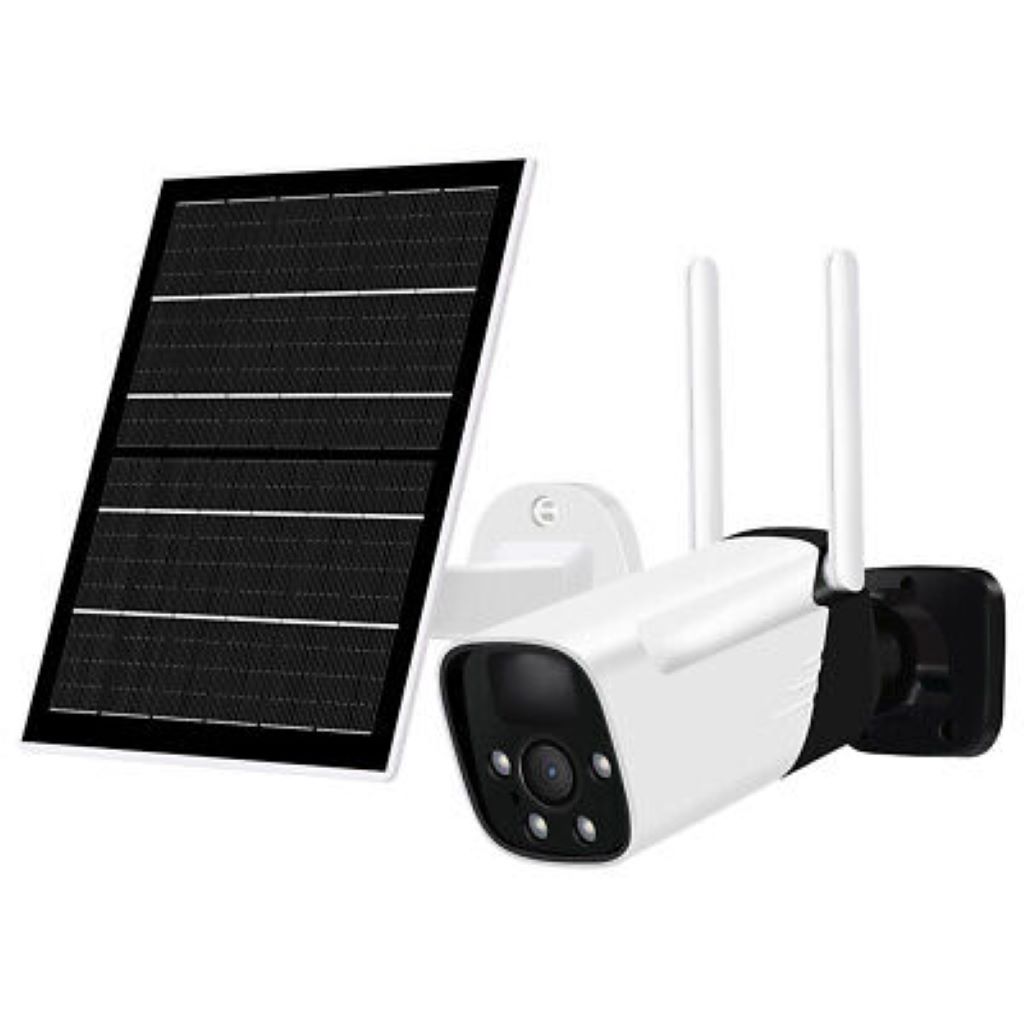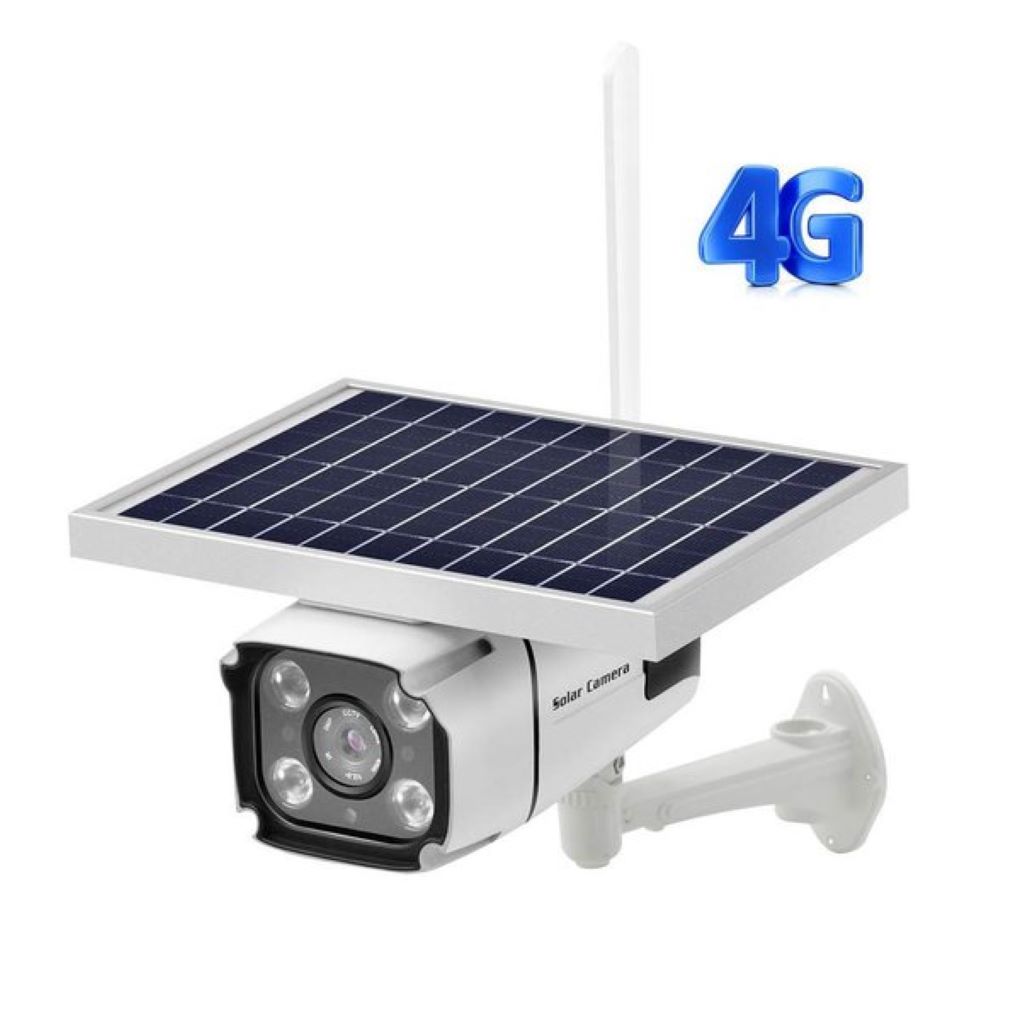If you’re stepping into the world of security cameras and surveillance systems, you might be wondering about the nitty-gritty details. One common question that often arises is: Does an IP camera need electricity? In this article, we’re going to delve into this topic and provide you with a clear understanding of the power requirements for IP cameras. This article is crafted by Duckysdesktop.com.
Understanding IP Cameras: A Brief Overview
Before we dive into the power requirements, let’s establish a basic understanding of what IP cameras are. IP cameras, also known as network cameras, are a modern and advanced alternative to traditional analog cameras. Unlike analog cameras that transmit video signals through cables to a dedicated recording device, IP cameras utilize the power of the internet and local networks to transmit and store video footage. This brings us to the question at hand: How do these cameras get their power? You may discover how to setup ip camera without internet.
Powering Up: Different Ways IP Cameras Get Electricity
IP cameras are indeed a marvel of technology, but they’re not self-powering entities. They require a power source to operate and capture the valuable footage you need for surveillance. Let’s explore the various methods through which IP cameras get their necessary electricity.
Power Over Ethernet (PoE) – A Clever Solution
Power over Ethernet, commonly referred to as PoE, is a brilliant solution that simplifies the power requirements of IP cameras. With PoE, a single Ethernet cable is used to transmit both data and electricity. This eliminates the need for a separate power cable and allows you to power your IP camera directly from your network switch or PoE injector. It’s a convenient and tidy solution, especially for installations in areas where power outlets are scarce.
Traditional Power Source – Plugging into Outlets
While PoE is a fantastic option, some IP cameras might be located in areas where using a PoE setup is not practical. In such cases, IP cameras can be powered using traditional electrical outlets. These cameras come with power adapters that you plug into a nearby outlet. This method is straightforward and works well when you have a power source readily available.
Battery-Powered IP Cameras – Versatility Unleashed
In scenarios where both PoE and traditional outlets are not feasible, battery-powered IP cameras come to the rescue. Welcome to the new sensation on the internet. These cameras are equipped with rechargeable batteries that can last anywhere from several weeks to a few months, depending on usage. They offer great flexibility in terms of camera placement since they don’t rely on constant access to electricity.
FAQs
Q1: Can I use solar panels to power my IP camera?
Absolutely! Solar panels can be a sustainable and eco-friendly solution to power your IP camera, especially in outdoor settings where sunlight is abundant.
Q2: How do I know if my IP camera is PoE compatible?
Most IP camera manufacturers provide specifications that indicate whether a camera supports PoE. Look for this information in the camera’s documentation.
Q3: What if I lose power? Will my IP camera stop working?
If your IP camera relies on a constant power source and the power goes out, the camera will stop working until the power is restored. Battery-powered cameras will continue to operate on their internal batteries during power outages.
Q4: Can I use Power over Ethernet for long cable runs?
Yes, you can use PoE for long cable runs. However, it’s essential to consider the power loss that might occur over extended distances. Using appropriate PoE extenders can help maintain power levels.
Q5: Are there IP cameras that can be hardwired and use Wi-Fi?
Yes, many IP cameras offer dual functionality, allowing you to connect them through both Ethernet (hardwired) and Wi-Fi, providing flexibility in installation.
Conclusion
An IP camera does indeed need electricity to function. Whether through Power over Ethernet, traditional outlets, or battery power, supplying electricity is essential to keep your camera capturing valuable footage. The method you choose depends on your specific installation requirements, available resources, and desired level of flexibility. By understanding the power options available, you can make an informed decision and set up an effective surveillance system that meets your needs.







